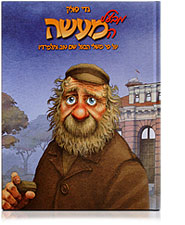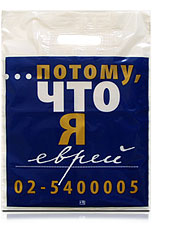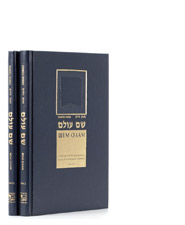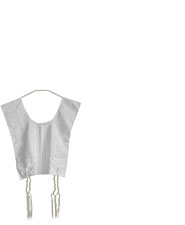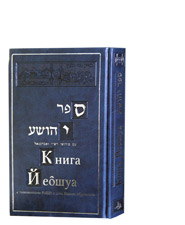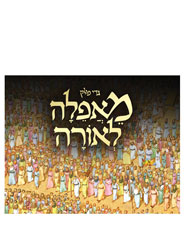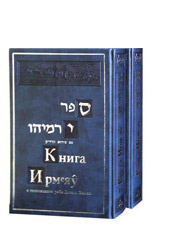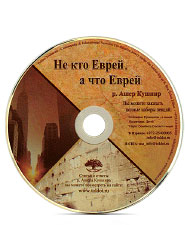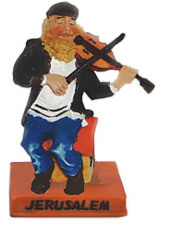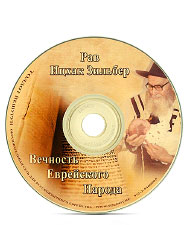
IN THE MERIT OF MESIRUS NEFESH
HaRav HaGoen HaGodol Rav AHARON LEIB STEINMAN's address at the annual Chanuka conference of Toldos Yeshurun, organization of Russian-speaking bnei Torah
A large audience is here tonight, of whom most have come from a country that for so many years was disconnected from Torah and mitzvos. They were under a government that wanted to destroy any memory of Judaism, any memory of religion, and actually was against any religion. But it was the Jews who suffered the most, and it was a great miracle that after being so distant and experiencing so many horrendous decrees under terrible circumstances some returned to Hakodosh Baruch Hu. Every person who taught Torah, taught tinokos shel beis rabban, opened yeshivos or had anything to do with Judaism suffered being sent for ten years to Siberia and other punishments like that. How terrible it was! Unfortunately, the authorities succeeded in assimilating most of the Jews living there. And they remained there, in Russia.
It is a great miracle that there is still a sheeris Yisroel that came back and is interested in returning to yiddishkeit, to Torah and to the Ribono shel Olam, to our Father in Heaven. This is a great miracle!
There is in Sefer HaLevush an explanation of the difference between Chanukah and Purim. These are two events of the time of bayis sheni, that were both picked out by chazal. However, on Purim there is an obligation to feast and be happy while on Chanukah there is no such obligation.
The Levush explains that on Purim, the decree was against the people and not the Torah. The goal was to kill the Jews. It didn’t make a difference whether they kept the Torah or not. The decree was to kill them and it was a great miracle they were saved. However, on Chanukah it was different; the Greeks did not want to kill the Jews but do uproot the Torah, the mitzvos. If a person became like the Greeks he was saved. Their war was against the Torah. Therefore, since on Purim the decree was against the physical body, now that we were saved we celebrate by mishte vesimcha – feast and happiness. But on Chanuka, the Levush says, since they wanted to uproot our faith, we have no mishte vesimcha but only lehodos u’lihalel - to praise and give thanks.
This is difficult to understand since on Purim there is also an aspect of lehodos u’lihalel: the Gemara says that reading the megillah is like Hallel - “krisa zo halilah”! Nevertheless, on Purim the issue of lehodos u’lihalel is not mentioned as much as on Chanukah. And even though we read the megillah, which is like Hallel, it is not as apparent.
And why is this? We can just recall the saying of chazal, “Causing another to sin is worse than killing him.” It is also brought down that honoring a Rav comes before honoring a parent, because the latter brings a person to this world while the former brings him to the world to come, olam habo.
Therefore, when they wanted to destroy the Jews physically there was no need for mesirus nefesh and it wouldn’t have helped in any case. What had to be done was just praying to Hashem, and Hashem helped. But here, when they wanted to destroy the Torah, just davening couldn’t have helped, only mesirus nefesh. Had the Chashmonaim not been moser nefesh, who knows what would have happened. The mesirus nefesh of the Chashmonaim is what worked, and these few Jews were zoche to stand against many goyim.
From the fact that the sin of an instigator is greater than that of a murderer, we see that the Hallel and hodo’o if one is saved from sin, must be greater than if one's life was saved. Much greater!
And if, chas vesholom, klal Yisroel would not have fought against the goal of destroying their faith, who knows what would have been left? In keeping with the promise in parashas Haazinu, the Song was not forgotten; there were a few Jews who were moser nefesh and through them Klal Yisroel was saved.
In any case, the Hallel and hodo’o are particularly appropriate where there was an intention not to kill but to say: ‘You are our brothers’, and in this way influence and seduce the Jews, as the Greeks did, so they would become a part of the goyim and their culture. And this is the worst thing! Accordingly, the Hallel and hodo’o for this is much greater in comparison to physical salvation. That is why the issue of lehodos u’lehallel is stressed especially on Chanukah.
This is what we have to say to those who came from such a place. Just like in the time of the Greeks, in the Soviet Union they also wanted to uproot the Jewish faith and unfortunately, a big part of klal Yisroel was left without any beliefs, without Torah, yiras shomayim and any spark of yiddishkeit.
Those who were saved must thank G-d, and feel the happiness that they managed, boruch Hashem, to return to Avinu shebashomayim. This is the greatest joy! And this will be with you always: think that you are the happiest people with the greatest joy of returning to your Father and being able to do mitzvos. And do the mitzvos! Learn the Torah, teach your children to be good Jews, so that they should grow in the atmosphere of Torah and yiras shamayim, and then you will always be happy.
And Hakodosh Baruch Hu should help that all of klal Yisroel will have salvation shortly, and we will be able to say Hallel in the Bais Hamikdash that Hashem will give back to us and we will be zoche to serve Hashem with ahava and yira, which is our real purpose, speedily and in our days, omen.
HaRav HaGoen HaGodol Rav AHARON LEIB STEINMAN's address at the annual Chanuka conference of Toldos Yeshurun, organization of Russian-speaking bnei Torah




